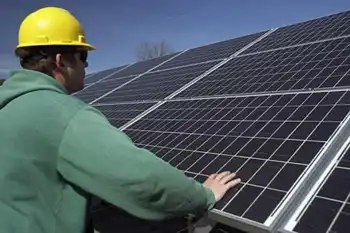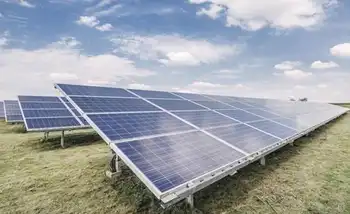Poverty is no excuse for lower rates, court rules
The group challenged a 2006 rate increase application of the Nova Scotia Power before the province's Utility and Review Board. They claimed that the rate hike would be discriminatory against poor residents because it would be applied evenly to all electricity consumers regardless of their capacity to pay.
To bolster their claim, the group argued that because of their financial woes, they had difficulties making ends meet, and with higher power rates it would deprive them of buying basic needs such as healthy food. They even brought in the hearings experts who testified on the repercussion of poverty on the health of poor Nova Scotia residents.
They said the power rate hike, in effect, discriminates against members of certain marginalized groups based on their gender, race, ethnic origin, age or disability.
However, the attorney general of Nova Scotia countered no Canadian jurisdiction had ever granted a rate affordability program for poor power customers.
The Nova Scotia utility firm increased by 9.3 percent electricity rates in the province in the early part of 2009, while the case was pending before the federal Supreme Court.
Related News

Germany launches second wind-solar tender
BERLIN - Germany's Federal Network Agency (BNA) has launched its second joint onshore wind and solar photovoltaic (PV) tender, with a total capacity of 200 MW.
A maximum guaranteed subsidy payment has been set at 87.50 per MWh for both energy sources, which BNA says will have to compete against each other for the lowest price of electricity. According to auction rules, all projects must have a minimum of 750 kW.
The auction is due to be completed on 2 November.
The network regulator has capped solar projects at 10 MW, though this has been extended to 20 MW in some districts. Onshore wind…




